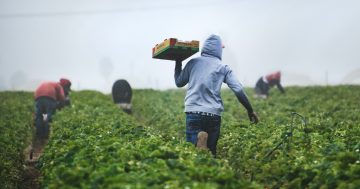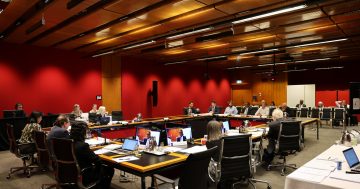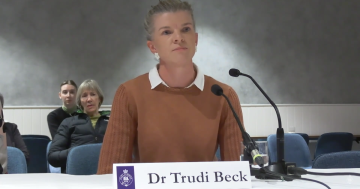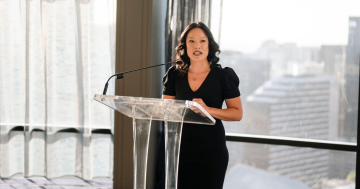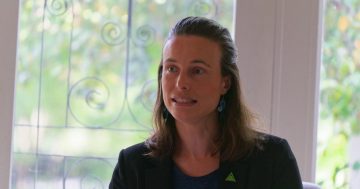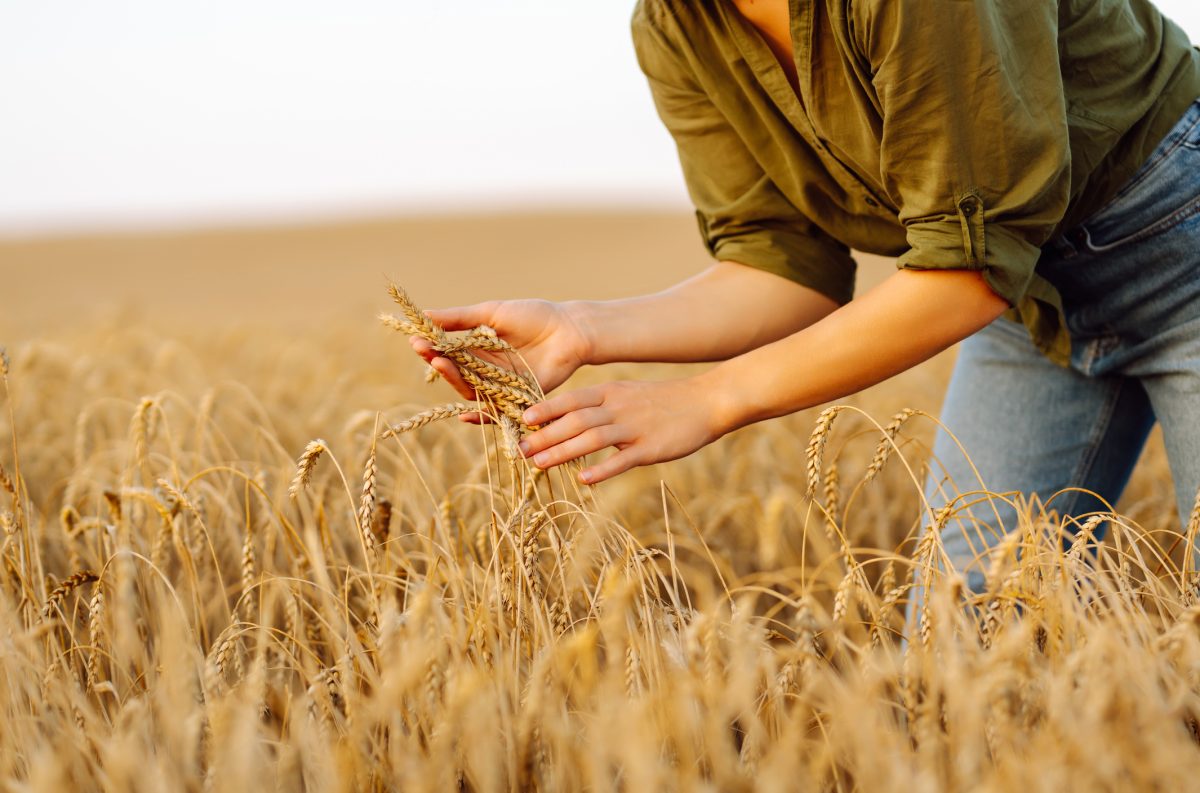
A NSW inquiry has revealed that an “unseen population” of women migrant workers is choosing unwanted terminations to maintain their visas. Photo: Maksym Belchenko.
WARNING: This article discusses abortion and domestic and family abuse.
Hundreds of migrant women feel forced to choose between unwanted abortions and staying in abusive situations or risking homelessness, an inquiry has heard.
The NSW parliamentary inquiry into modern slavery in regional NSW heard that an “unseen population” of migrant women from the Pacific Australia Labour Mobility (PALM) scheme feel forced to seek abortions to maintain their visa status.
Prominent Wagga GP, obstetrician Trudi Beck, revealed at the Griffith hearing on 19 June that her practice was providing these services free to 500 to 600 women a year.
Dr Beck told Region that her practice did not advertise those services, but had them listed on its website. Most of her patients “self-select” and could be aged anywhere between 20 and 45.
“The problem is, like I said in the hearing, it already is quite challenging for people to get appointments with their GP in a short period of time,” she said.
“Sometimes by the time they found out, and then they’ve gone to see their GP, they’re beyond the nine weeks that you can use the [abortion] medications.
“And so then it becomes much more challenging because then they need surgical terminations, and we don’t offer those in Wagga.
“I feel like we’ve now had three inquiries that are focused heavily on access for regional and rural women to reproductive rights, and we haven’t made much progress on that.
“I’m still having to send women from the Riverina on 1000-kilometre return trips to access surgical abortion.”
Some women use their annual leave to give birth in their home countries, then return to Australia to continue working.
Kirrilly Salvestro, deputy CEO of support service Linking Communities Network, has previously told Region that migrant women workers feel forced to choose between staying in abusive situations or risking homelessness.
They may choose to “fawn” over their abusers as they feel an “obligation to do whatever they can to please”, rather than lodge a police report for an Apprehended Violence Order (AVO).
“Women are unwilling, I would say, to follow up with police,” Mrs Salvestro said.
“They may have had bad experiences in their own country with police, so they’re untrusting of the police.
“It’s a very, very complex matter, where just because an AVO is taken out doesn’t mean that the woman is protected through the court process.
“It’s not a given that even if you approach the police, it will result in an AVO being taken out. I don’t want to bag out the police or the court system, but it’s a big systemic issue.”
The follow-through for domestic and family violence victims across the board was described as “not great”, and sometimes “the outcome is not what should happen for women” and may, in effect, re-traumatise them.
The closest representative for the PALM scheme is in Wagga, and can be contacted only during her work hours (9 am to 5 pm). That raises the question: If workers need to work during work hours, how are they meant to contact her?
In Dr Beck’s missing submission to the parliamentary inquiry, she made several recommendations, including a reform to private health packages that consider women’s health needs, and education on sexual and reproductive health services in Australia, as part of the visa process.
She also thinks that “particularly large employers” have a responsibility to employ “in-house, culturally appropriate members of staff ” who can assist migrant women workers with managing referral and appointments for reproductive health screening or contraceptive services.
“A lot of the consequences of these systemic issues are falling to individuals to solve,” she said.
“I don’t feel like it’s my responsibility to subsidise care on behalf of poor systems and planning by things that are outside my control.
“There needs to be system reform to find a way that we can ethically and humanely support women through these difficult issues when they arrive in Australia.”
If you are, or someone you know is, experiencing or at risk of experiencing domestic, family or sexual violence, call 1800 737 732, text 0458 737 732 or visit 1800RESPECT.org.au.
The Multicultural Council of Griffith can be contacted on (02) 6964 4366 or 0412 811 343, or at [email protected].







